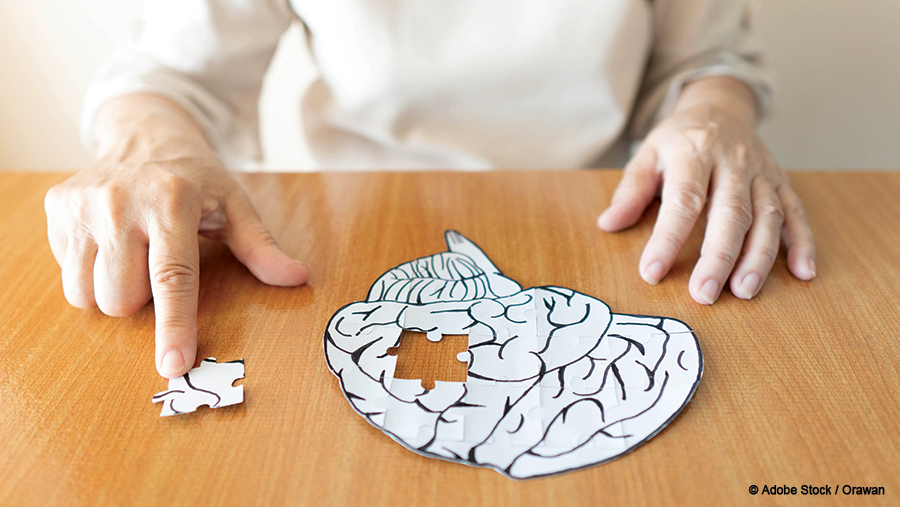 A new preliminary study being presented next month at the American Academy of Neurology’s 76th Annual Meeting in Denver, Colo., showed a positive association between sleep apnea and cognitive decline, although causation was not proven in the study.
A new preliminary study being presented next month at the American Academy of Neurology’s 76th Annual Meeting in Denver, Colo., showed a positive association between sleep apnea and cognitive decline, although causation was not proven in the study.
Explore This Issue
March 2024The study involved 4,257 participants, who completed a questionnaire about sleep quality (whether there were snorting, gasping, or breathing pauses in their sleep) and memory and thinking problems (difficulty remembering, periods of confusion, difficulty concentrating, or problems with decision making).
Of all participants, 1,079 reported symptoms of sleep apnea. Of those with sleep apnea symptoms, 357 participants (33%) reported memory or thinking problems, compared to the 628 participants (20%) without sleep apnea symptoms.
After adjusting for other factors that could affect memory and thinking problems, including age, race, gender, and education levels, the researchers found that people who reported sleep apnea symptoms were about 50% more likely to also report having memory or thinking problems as compared to those who did not report sleep apnea symptoms.
“Sleep apnea is a common disorder that is often underdiagnosed, yet treatments are available,” said study author Dominique Low, MD, MPH, a 2023-2024 fellow at the Boston Medical Center in Massachusetts, who holds dual specialization in cognitive neurology and sleep medicine, in a press release. “Our study found that participants who had sleep apnea symptoms had greater odds of having memory or thinking problems.”
The study limitations include that the data were sourced from one survey and that participants reported their symptoms instead of symptoms being assessed by medical professionals, but the results could suggest further studies into a causation between sleep apnea and cognitive abilities.
To find more information on the academy’s annual meeting on April 13-18 and the research that’s due to be presented both at the event in Colorado and online, visit the 2024 Annual Meeting website at www.bit.ly/AANmeeting2024.